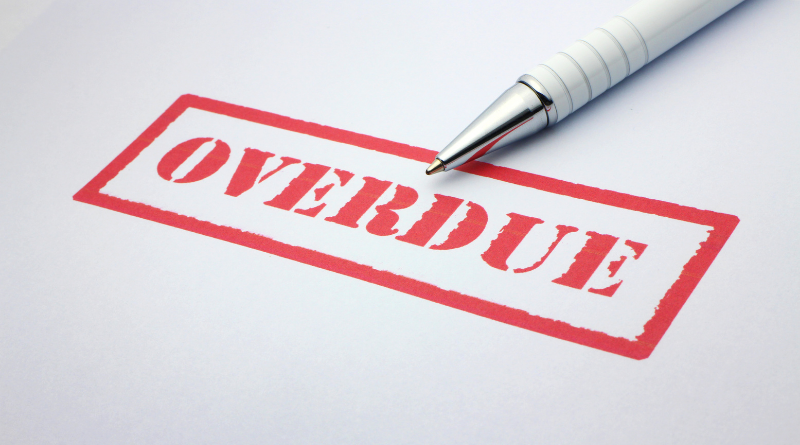How to choose your accountant
Whether you are relatively new to the world of business or have been trading for many years, it’s important to make sure you have a good accountant in place to advise and support you. But there are a lot of accountants out there, so how do you know which one is right for you?
Before we get to the nitty-gritty of how to choose an accountant, if you are just setting up in business then it’s important to say that you should appoint an accountant as soon as possible. Don’t leave it until you have been trading a while and need your first set of accounts preparing.
There are many factors to consider when starting up in business, including what business entity is most suitable for you such as a limited company, a sole trader or partnership. A good accountant will be able to advise on this, so get them on board as soon as possible to make sure you are getting the best advice right from the off.
So, you are ready to find yourself your first accountant or need to find a new one to replace your existing accountant. But where do you start?
If possible, I would always start by talking to people you trust who already have an accountant and asking if they would recommend them.
If you don’t have anyone to ask, then you might just have to rely on a Google search. If you are using accounts software, you could also check if they have a directory of accountants who are knowledgeable in their software.
When you have your shortlist of potential accountants (I would suggest considering at least 2 or 3 to start with), go and see them at their office. They should offer a free initial meeting (and if they don’t that should ring alarm bells straight away).
It’s very important to have an accountant that you feel you can build a rapport with, after all they will hopefully be supporting you and your business for many years to come. Visiting their premises gives you a chance to get a feel for them and at this point in the process, you are very much relying on gut instinct. How professional do they seem, how approachable are they, do they make you feel comfortable and as if your business is valued.
Alternatively, you could arrange a video call but (and call me old fashioned) I still think a physical meeting is better in the first place. Even if you never actually meet them in person again.
Feeling comfortable with your accountant is very important, however you also need to make sure they know what they are doing. Many people don’t realise that anyone can set themselves up as an accountant, even if they have no accountancy qualifications whatsoever. So, ask if they are qualified and who their governing association is.
If you are still unsure then ask for a couple of their client’s details who you can contact for references. Any accountant worth their salt will always have clients who are more than happy to be contacted and sing their praises to potential new clients.
Once you have got a general feel for your potential accountant and have found out whether they are professionally trained and qualified there are a few other specific questions worth asking:
- Find out who is your point of contact. Particularly with a large firm of accountants, the person you see initially may not be the person you will be dealing with, so ask who will be. There is nothing worse than contacting your accountant and speaking to a different person every time who doesn’t know you or your business.
- Ask for a timeframe of how quickly they will turn your accounts around. Don’t expect anything too unrealistic though. If they say they will do them as soon as you provide them with the records, then I would question whether they are being honest. Accountants, unless you catch them at a very quiet time, will have other clients work to do as well as yours.
- Following your meeting make sure you get a written quote for all the services you require. Confirm with your accountant that this covers everything and there are no hidden charges or extras. There may be occasions where your accountant may need to carry out extra unforeseen work for you. Confirm with them that in this situation they will inform you first and let you know how much this is going to cost before they proceed.
Finally, price is an important consideration and you don’t want to be paying over the odds. However, be careful, a cheap accountant will probably be cheap for a reason. It doesn’t take long to just take the figures from a client and produce a set of accounts without any thought or consideration.
A good accountant will be doing more than this. They will be taking the time to review the figures and questioning whether they look right. Does the bank balance agree to the bank statement, are there any costs which the client could be claiming but aren’t? Are there any outstanding sales or purchases invoices which should have been paid, and if so, then why? Have they been duplicated or has the client forgotten about them? This is a very important role of your accountant and can end up saving you money and keeping you out of trouble but be prepared to pay a fair price for it as this all takes time.
To summarise:
- If possible, get recommendations from other business owners
- Initially go with your gut instinct. Does this accountant feel like someone you can communicate with and build a good business relationship with?
- Make sure they know what they are doing. Are they qualified; can you get a testimonial from an existing client?
- Make sure they are clear and upfront about their charges but be prepared to pay a fair price
Originally posted 2020-09-17 13:26:08.
- Essential tips for credit control - August 10, 2025
- How to choose your accountant - July 6, 2025






